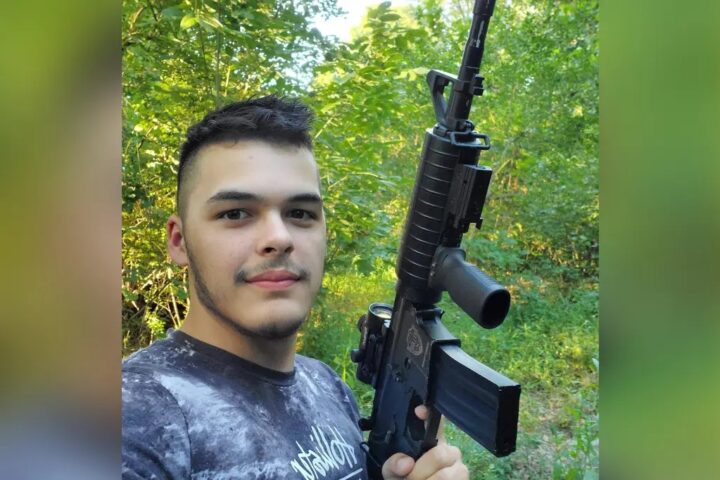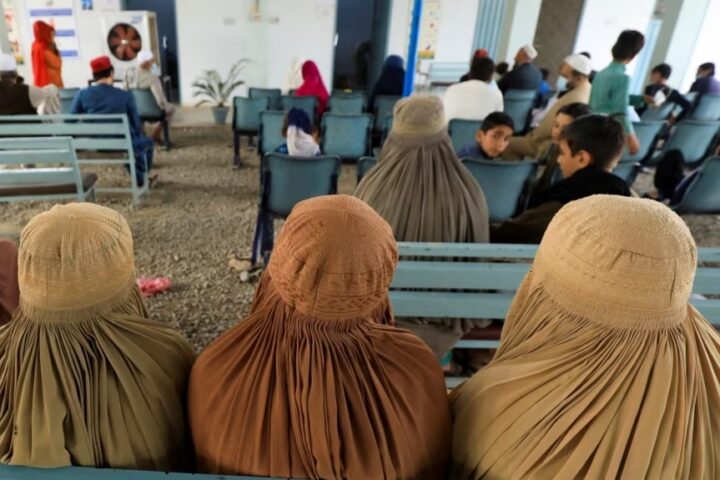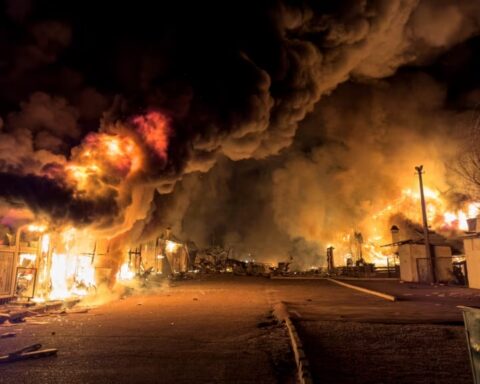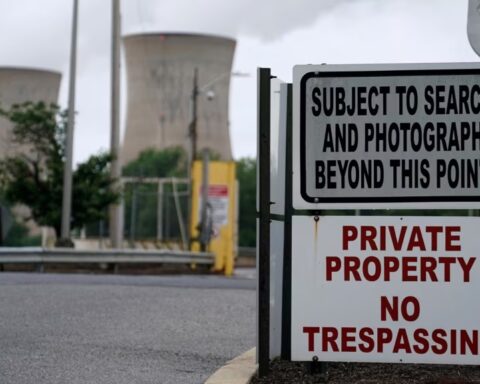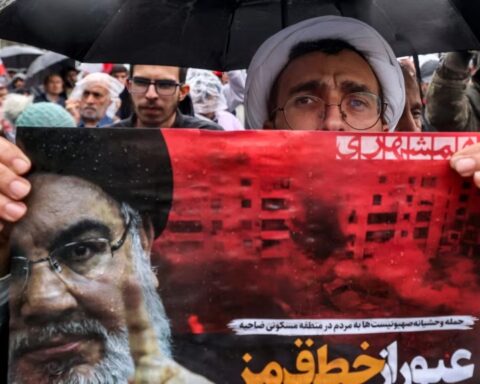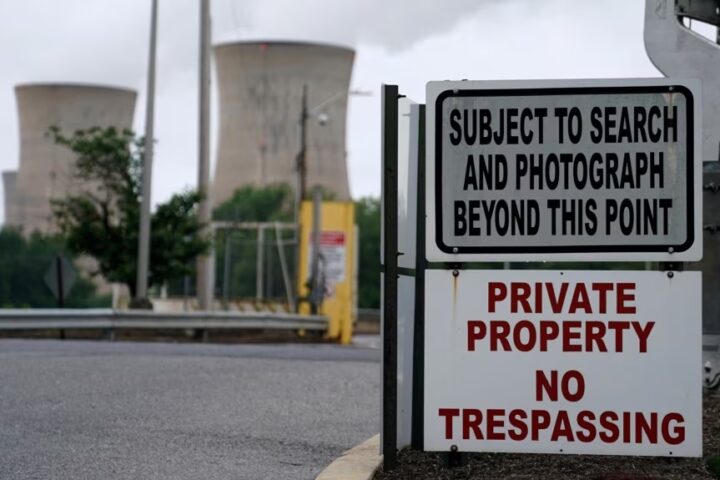Parkland school shooter Nikolas Cruz has been spared the death penalty and sentenced to life in prison by a Florida jury for carrying out the massacre at Marjory Stoneman Douglas High School that claimed 17 lives.
Cruz pleaded guilty last year to 17 counts of first-degree murder and 17 counts of attempted first-degree murder in connection to the Feb. 14, 2018, killing of 14 students and three staff members at his former school. Among the victims were 15-year-old Peter Wang, an Army Junior Reserve Officer Training Corps cadet who died while helping classmates escape, and 35-year-old Scott Beigel, a geography teacher who was shot dead while shepherding students to safety in his classroom.

This penalty phase trial was to determine if Cruz would be sentenced to death or life in prison for the massacre he committed at age 19. The jury’s decision must be unanimous for the death penalty.
A jury has recommended on the first counts that Nikolas Cruz be sentenced to life in prison in the massacre of 17 people at Marjory Stoneman Douglas High School in Parkland, Florida, in 2018.
The 12-person jury’s verdict was still being read Thursday. The shooter may still be recommended a death sentence on remaining counts.
The jury reached its decision after over a day of deliberations in the trial that kicked off July 18.
The trial was to decide whether to sentence him to life in prison or the death penalty. Prosecutors had sought the death penalty, while the defense had asked for life in prison. The jury had to reach a unanimous decision for the death sentence.
READ MORE: Parkland shooting: Parkland school shooter Nikolas Cruz pleads guilty to 17 counts of murder, faces death penalty trial
Judge Elizabeth Scherer is reading through the verdict forms — a total of 17, one for each victim — before the packed courtroom Thursday, where family members of victims were visibly emotional, some shaking their heads and others wiping tears.

The gunman, then 19, had stormed the high school on Valentine’s Day wielding an AR-15-style rifle and releasing a spray of bullets. He pleaded guilty last October to murdering 14 students and three staff members in the Feb. 14, 2018, massacre.
During closing arguments Tuesday, defense counsel Melisa McNeill told the jury before they started deliberations: “One day I promise you, you will ask yourself, did I make the right decision? You will never forget voting for life.”
Lead prosecutor Mike Satz concluded the state’s closing arguments by emotionally reading each victim’s name saying, “The appropriate sentence for Nikolas Cruz is the death penalty.”
The lengthy trial saw prosecutors call witnesses who recalled seeing students and staff members die and argue that the gunman had displayed racist and misogynistic behavior online prior to the massacre. Violent writings and drawings were found in his jail cell in the spring.
The defense argued that his birth mother’s alcohol abuse during her pregnancy led to his erratic and violent behavior.
In a rare move, jurors in August visited the site of the massacre, where nothing had been changed from that deadly day more than four years ago, except for the removal of the victims’ bodies and some personal items. They walked past dried Valentine’s Day rose petals scattered on classroom floors, large pools of dried blood and bullet-riddled walls.
In the trial, forensic psychiatrist Dr. Charles Scott testified for the state that the gunman meets the criteria for a diagnosis of antisocial personality disorder, meaning he showed no regard for right and wrong, and there was evidence showing he knew what he was doing.
“So, it’s not that he didn’t know or understand that. He did,” Scott said, NBC Miami reported. “It’s just that [people] with a social personality disorder, they don’t care.”
In Scott’s chilling testimony Oct. 4, he spoke of his jailhouse interview with the shooter, who told him he ended the shooting because, “I didn’t have anyone else to kill.”
The trial also saw tension between the defense and Circuit Judge Elizabeth Scherer in which the gunman’s attorneys filed a motion for her to step down, accusing her of being biased, but she refused.
The motion came after Scherer rebuked lead defense attorney Melisa McNeill and her team outside of the jury’s presence, accusing them of being “unprofessional” when they unexpectedly rested their case after only about 25 of the 80 witnesses they initially intended to testify had been called.



